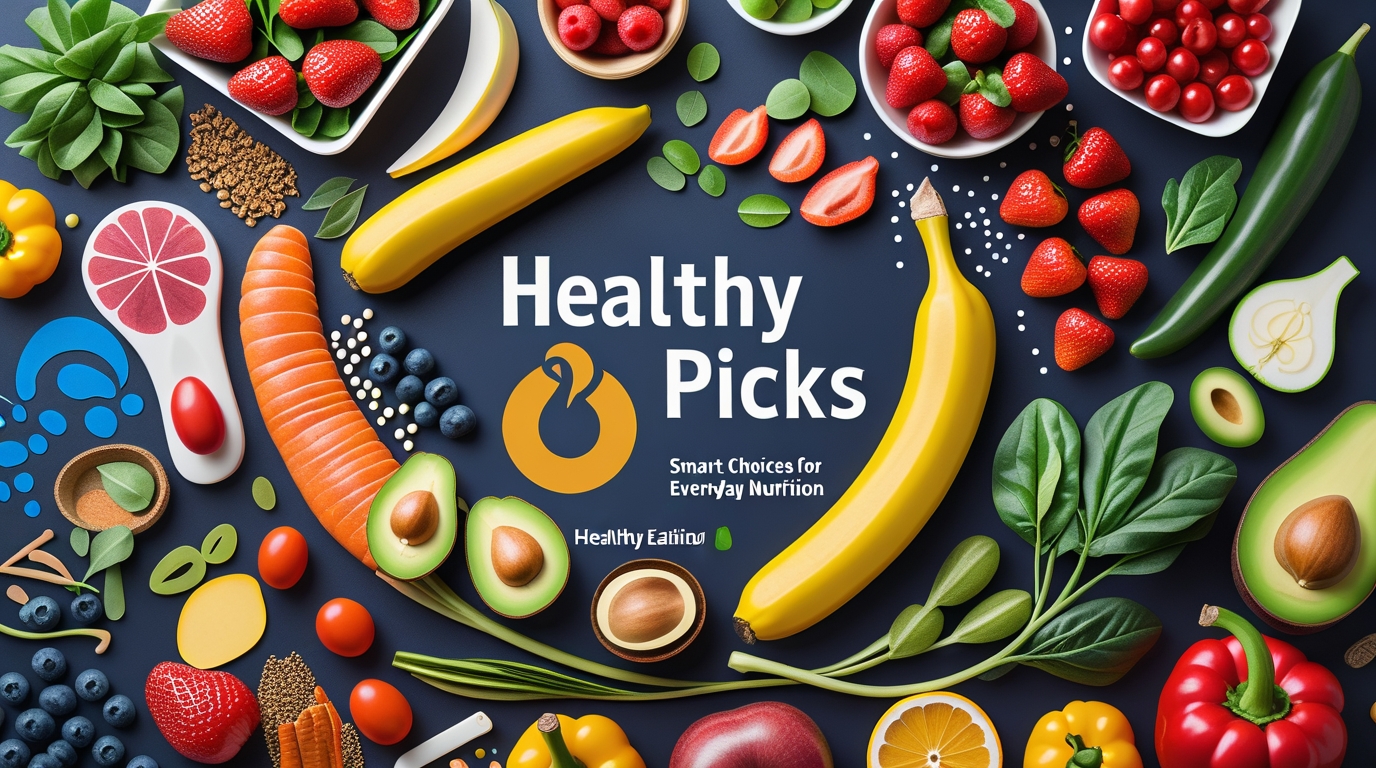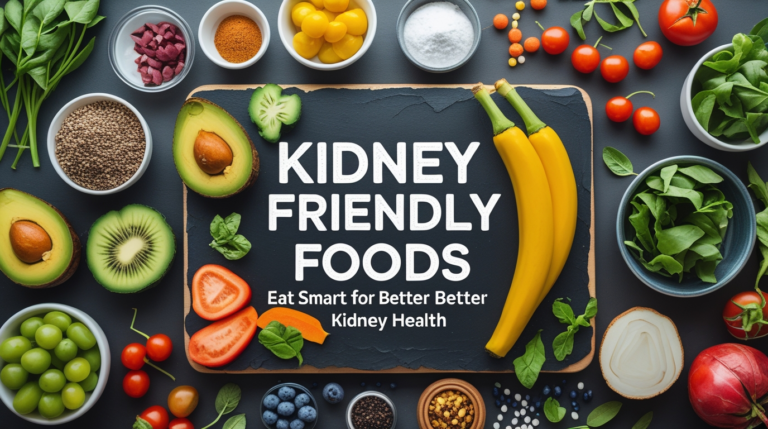Making healthy nutrition choices is one of the most powerful ways to improve your overall health, boost your energy levels, and prevent chronic diseases. Eating well doesn’t have to be complicated or restrictive—it’s all about balance, variety, and sustainability.
The Foundation of Healthy Nutrition Choices
Nutrition is the cornerstone of good health, influencing everything from your energy levels to immune function and mental clarity. By making smart nutrition choices daily, you can transform your health without radical lifestyle changes.
Essential Building Blocks for Healthy Nutrition Choices
Proper nutrition requires balancing macronutrients and micronutrients to support your body’s needs:
- Carbohydrates: Your body’s primary energy source, particularly complex carbs like whole grains and legumes that provide sustained energy release
- Proteins: Critical for muscle repair, growth, and immune function
- Healthy Fats: Necessary for hormone production and cellular structure, found in foods like avocados, nuts, and olive oil
- Vitamins and Minerals: Essential micronutrients that support countless bodily functions and processes
Nutrient-Dense Foods: Making Healthy Nutrition Choices Daily
Building a nutrient-dense diet is one of the most effective strategies for improving your health. These foods deliver maximum nutrition with minimal calories.
Why Whole Foods Are Key to Healthy Nutrition Choices
Whole foods—those that are unprocessed or minimally processed—retain their natural nutrients and should form the foundation of your diet:
- Colorful Fruits and Vegetables: Aim for a rainbow of produce to ensure diverse vitamins and antioxidants
- Whole Grains: Choose quinoa, oats, and brown rice instead of refined alternatives
- Lean Proteins: Incorporate fish, poultry, beans, and legumes for muscle support and satiety
Beyond physical benefits, a whole food-based diet can improve your mood, increase energy levels, and enhance cognitive function.
Reducing Processed Food Consumption
Processed foods typically contain excessive sugar, unhealthy fats, and sodium—all of which can undermine your health goals. Limiting these foods can help prevent obesity, heart disease, and diabetes. Learning to navigate supermarket aisles for healthier options is an essential skill for nutritious eating.
Hydration: An Essential Element of Healthy Nutrition Choices
Proper hydration is vital for nutrient absorption, digestion, and temperature regulation. Many people underestimate its importance in a balanced nutritional approach.
Incorporating Hydration Into Your Healthy Nutrition Choices
Incorporate these hydration habits into your daily routine:
- Drink at least 64 ounces (eight 8-ounce glasses) of water daily
- Begin each morning with water to jumpstart your metabolism
- Enhance flavor with natural additions like lemon or cucumber slices
Managing Special Dietary Needs
For those with food allergies or dietary restrictions, finding nutritional balance requires additional consideration and planning.
Navigating Common Dietary Restrictions
Whether you follow a specific diet by choice or necessity, these substitutions can help maintain nutritional balance:
- Gluten-Free Options: Rice, corn, or potato-based products
- Dairy Alternatives: Plant-based milks including almond, soy, and oat varieties
- Vegan Protein Sources: Tofu, tempeh, legumes, and plant-based protein powders
Nutritional Supplements: When Are They Necessary?
While whole foods should provide most of your nutrients, supplements can fill specific gaps in your nutritional intake.
Supplement Selection Guidelines
Before adding supplements to your regimen:
- Consult with a healthcare provider about potential deficiencies
- Choose high-quality products from reputable sources
- Remember that supplements complement—rather than replace—a balanced diet
Your Path to Better Nutrition Starts Now
Embracing balanced nutrition is about understanding nutrients’ roles and making informed food choices daily. By prioritizing whole foods, staying hydrated, and addressing your unique dietary needs, you can create sustainable eating habits that support long-term health.
What nutrition challenges are you facing? Share your thoughts in the comments below! Don’t forget to share this guide with friends and family on their health journey, and subscribe to our newsletter for more evidence-based nutrition and wellness content.
Keywords: healthy nutrition choices, balanced diet, everyday nutrition, whole foods, nutrient-dense foods, hydration importance, dietary restrictions, nutritional supplements, smart food choices





Leave a Comment